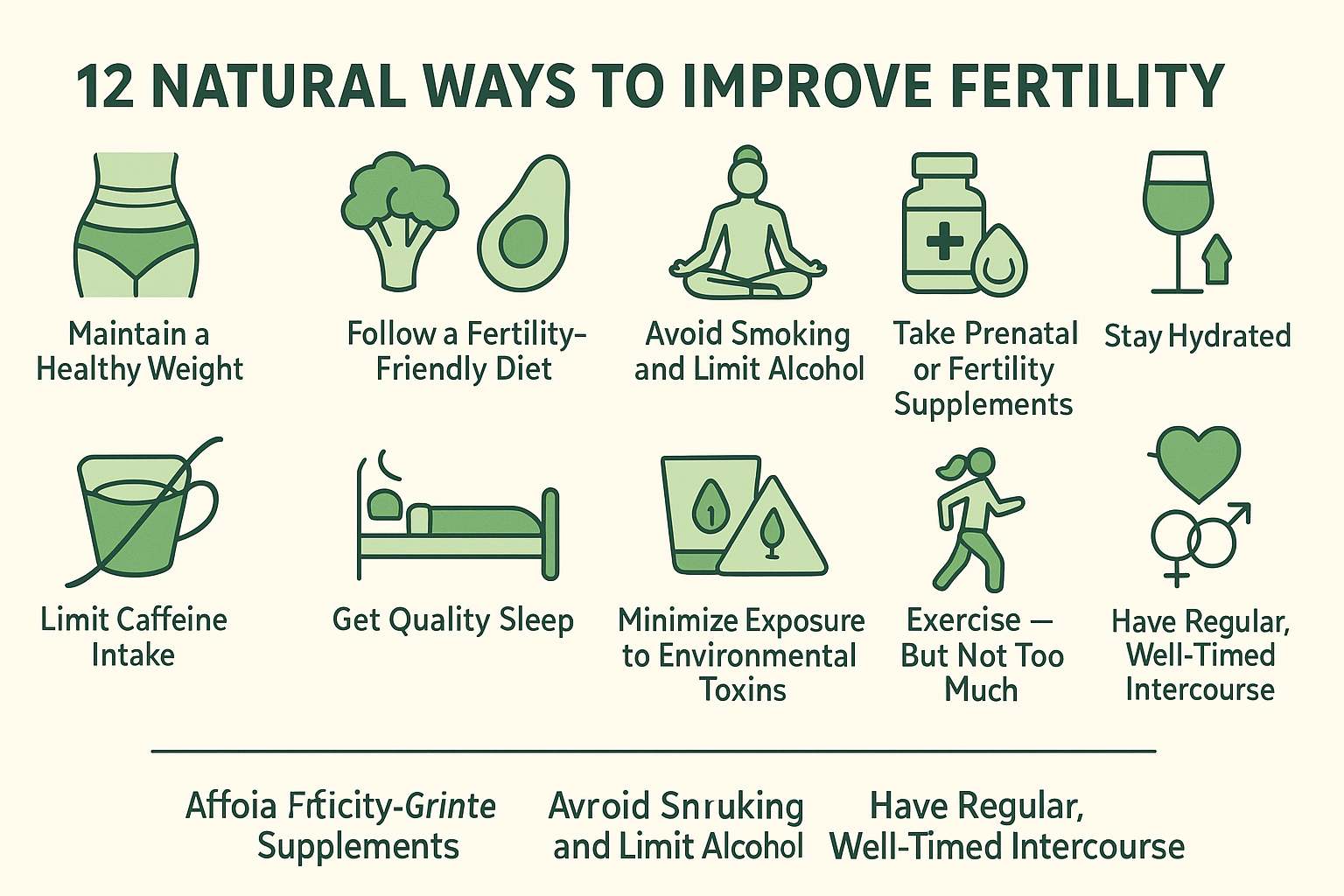Living past 100 remains rare, even as global lifespans rise steadily. Researchers continue asking why only a small fraction reach this milestone.
Centenarians — people aged 100 or older — provide valuable scientific insight. They live not only longer but also healthier, avoiding common late-life decline.
Disease Delay: A Defining Trait of Centenarians
Experts debate whether longevity depends on avoiding disease, surviving it better, or delaying its onset compared to shorter-lived peers.
Studies led by Karin Modig at Karolinska Institutet reveal that centenarians accumulate fewer illnesses and develop them much later in life.
First Study: A Century-Long Perspective
The first study tracked 170,787 individuals born in Stockholm County between 1912 and 1922, following them from age 60 until death or age 100.
Researchers compared rates of stroke, heart attack, hip fracture, and cancer between centenarians and their shorter-lived counterparts.
- At age 85, only 4% of centenarians had suffered a stroke, compared to 10% of peers who lived to 90–99 years.
- At age 100, just 12.5% had experienced a heart attack, compared to 24% among those who died between ages 80 and 89.
These findings suggest centenarians either avoid major diseases entirely or experience them far later than average.
Second Study: A Wider View of Health
A second study followed 274,108 people born between 1920 and 1922 in Sweden, from age 70 until death or age 100.
Researchers assessed 40 medical conditions, ranging from hypertension to diabetes and heart failure. Only 1.5% — about 4,330 people — reached 100.
Centenarians developed fewer health issues, accumulated them more slowly, and often experienced conditions limited to one organ system, making management easier.
Cardiovascular Health: A Central Factor
Cardiovascular disease was widespread but far less common among centenarians.
At age 80, only 8% of centenarians had cardiovascular disease, compared to over 15% among peers who died at 85.
Lower rates of heart and vessel disease appear central to their extended survival and healthier ageing pattern.
Mental Resilience: Protecting the Mind
Centenarians also resisted conditions like dementia and depression. Illnesses often appeared around age 89, much later than in shorter-lived individuals.
Non-centenarians declined sharply in their final years, while centenarians maintained relative stability well into their late 90s.
Q&A: Understanding the Science of Longevity
Q: Is living to 100 mainly about genetics?
A: Genetics play a role, but lifestyle, environment, and disease resilience significantly influence exceptional longevity.
Q: Do centenarians completely avoid disease?
A: No. They eventually experience illnesses but typically later in life and often in milder forms.
Q: Can lifestyle changes replicate their health patterns?
A: While no guarantee, healthy diet, regular activity, and cardiovascular care may mimic some centenarian advantages.
FAQ: Quick Facts About Centenarian Health
What percentage of people become centenarians?
Globally, fewer than 2% of people reach age 100 or beyond.
Do centenarians age more slowly?
Yes. They accumulate diseases at a slower pace, suggesting slower biological ageing.
What’s next in research?
Scientists aim to identify the genetic, environmental, and lifestyle factors that consistently predict exceptional longevity.
The Takeaway: A Different Pattern of Ageing
Centenarians defy common ageing patterns by delaying disease, preserving resilience, and avoiding steep health decline late in life.
Their experience proves that longer, healthier lives are possible, challenging assumptions that longevity must mean chronic illness.
Future research could uncover pathways for more people to enjoy not only longer lives but also healthier, more vibrant ageing.




